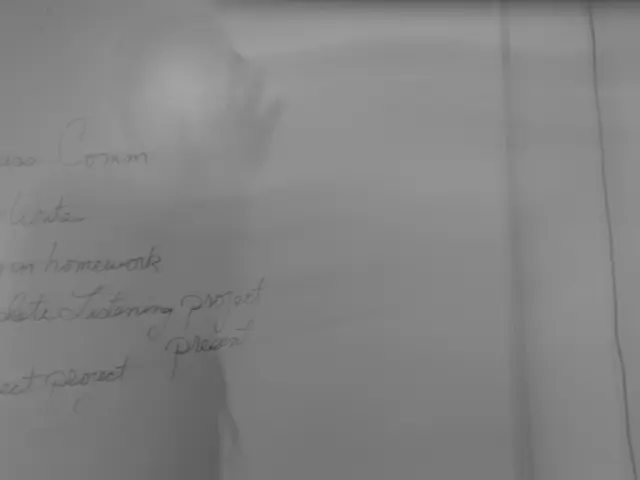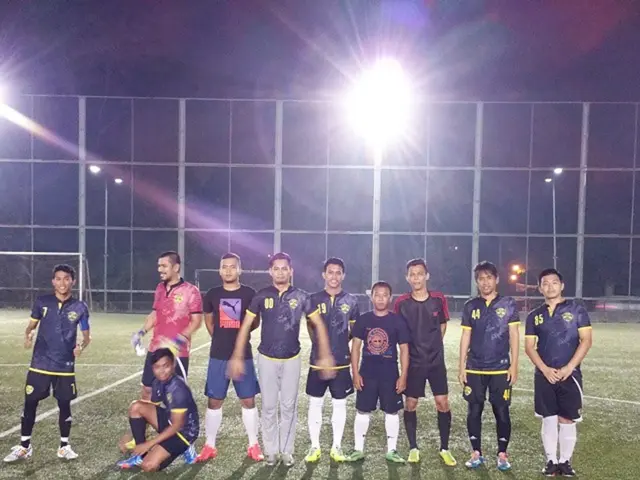ADHD Hyperfocus's Effects on Interpersonal Connections
Hyperfocus in ADHD Relationships: Intense Connection, but Temporal Shifts Can Present Challenges
Individuals with Attention Deficit Hyperactivity Disorder (ADHD) may exhibit a phenomenon called hyperfocus, which can significantly impact romantic relationships. During this state, ADHD individuals can become extremely engrossed in a single interest, notably a new love interest.
At the onset of a relationship, the novelty and excitement fueled by ADHD hyperfocus often cater to the stimulation that the ADHD brain desires. Brain chemicals such as dopamine and norepinephrine surge during infatuation, causing a profound focus on the new partner's words, needs, and every detail.
In many relationships impacted by ADHD, this hyperfocus may initially emerge, leading to an outpouring of affection and attention towards the partner. The romantic partner may feel privileged and cherished as the ADHD individual seems captivated and devoted.
This extraordinary display of adoration mimics the essence of love bombing but is driven by a neurochemical enthusiasm rather than manipulation. During this honeymoon phase, deep conversations, passionate intimacy, and a rush of positive energy can enrich both partners.
However, it is crucial to comprehend that hyperfocus is a temporally limited state. As infatuation subsides and the relationship becomes more familiar, the ADHD partner's brain chemistry evolves, and the intense focus on their partner gradually dims. The partner may then redirect their attention to usual thoughts, other interests, or new sources of stimulation.
Benefits of Hyperfocus in Love
When channeled towards a partner, hyperfocus can bring a multitude of advantages to a burgeoning or established relationship, such as:
Deep Connections and Affection: The romantic partner may feel profoundly seen and treasured during periods of hyperfocus, resulting in frequent compliments, thoughtful gestures, and attentive listening.
Quality Time and Passion: The ADHD individual typically wants to spend extended periods engaged with their loved one, leading to lengthy conversations, deep connections, and passionate intimacy.
Eagerness to Please and Support: The hyperfocused individual may surpass expectations to make their partner happy, showering them with gifts, planning surprises, or undertaking tasks for them.
Shared Interests and Creativity: An ADHD partner in hyperfocus mode may immerse themselves in their significant other's hobbies and passions with genuine curiosity, resulting in exciting, synchronized energy where both partners feel aligned.
Challenges Beyond the Honeymoon Phase
Eventually, hyperfocus diminishes over time, and common issues may arise:
Feelings of Abandonment: The romantic partner may feel ignored or insignificant as the ADHD individual's attention begins to wane.
Distracted and Distant Behavior: Without the support of infatuation chemicals, the ADHD partner's base symptoms of inattention may resurface, causing difficulties in focusing on their partner.
Uneven Effort and Resentment: The differences in effort required to maintain the relationship may lead to growing resentment if both parties fail to understand what's happening.
Neglecting Other Responsibilities: Hyperfocus can cause the ADHD individual to prioritize other interests, leading the romantic partner to feel overlooked or neglected.
Relationship Rollercoaster or Breakups: In some cases, the cycle of hyperfocus and loss may repeat, resulting in fleeting relationships or even infidelity if the ADHD individual impulsively seeks new stimulation elsewhere.
Managing Hyperfocus in Relationships
Navigating the complexities of hyperfocus in a romantic relationship necessitates understanding, communication, and proactive effort from both partners.
For the partner with ADHD, strategies such as setting reminders to "check-in," inviting gentle interruptions, practicing transitioning attention, maintaining romantic routines, and seeking professional guidance can be helpful.
For the partner without ADHD, it is critical to understand that the fading of hyperfocus is not a personal affront. Maintaining open communication, appreciating small efforts, creating shared structure and reminders, and maintaining personal passions and support networks can also help mitigate challenges.
With understanding, adaptability, and support, partners can manage the effects of ADHD hyperfocus on their relationship and create a harmonious and fulfilling partnership.
- The intense engagement in a new love interest by individuals with ADHD, known as hyperfocus, is fueled by chemicals like dopamine and norepinephrine in the brain.
- In the beginning stages of a relationship, hyperfocus can lead to an overwhelming outpouring of affection and attention towards the partner, creating a sense of being deeply seen and cherished.
- This extraordinary display of love mirrors the essence of love bombing but is driven by neurochemical enthusiasm rather than manipulation.
- During the honeymoon phase, deep conversations, passionate intimacy, and a rush of positive energy can enrich both partners, making for a harmonious and fulfilling partnership.
- However, it is important to remember that hyperfocus is a temporary state, and the partner's intense focus on their loved one will gradually diminish as infatuation dissipates.
- In the long run, common issues may arise, such as feelings of abandonment, distracted and distant behavior, uneven effort, neglecting other responsibilities, and relationship rollercoasters or breakups.
- Managing hyperfocus in a romantic relationship requires understanding, communication, and proactive effort from both partners.
- For the partner with ADHD, strategies like setting reminders, inviting gentle interruptions, practicing transitioning attention, maintaining romantic routines, and seeking professional guidance can be beneficial.
- For the partner without ADHD, maintaining open communication, appreciating small efforts, creating shared structure and reminders, and maintaining personal passions and support networks can help mitigate the challenges that come with managing hyperfocus in relationships.








